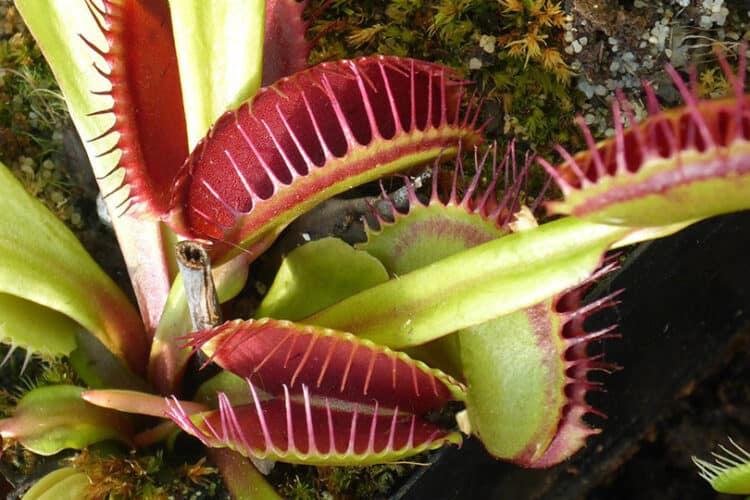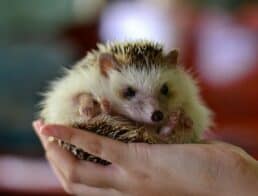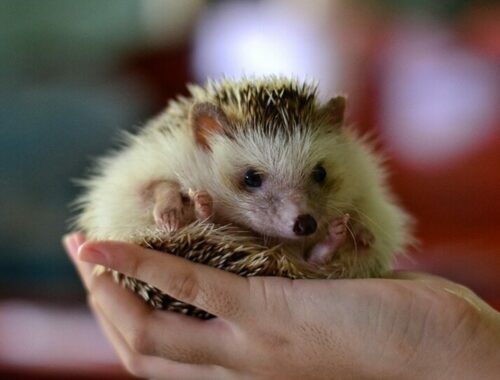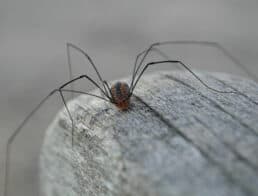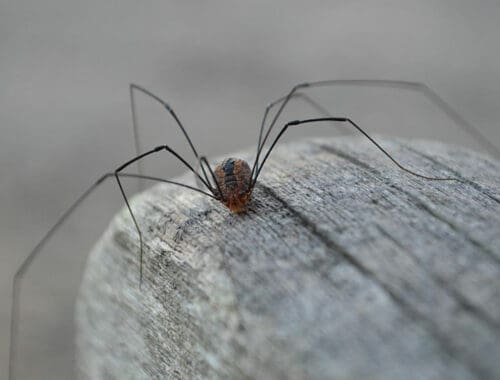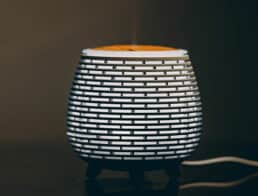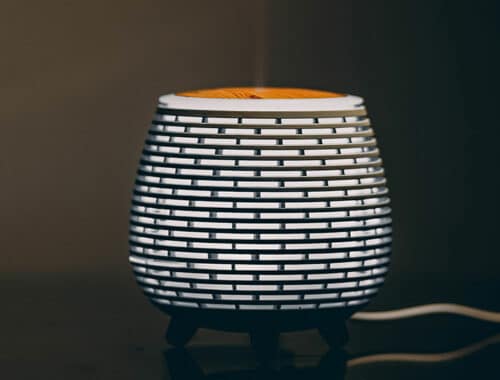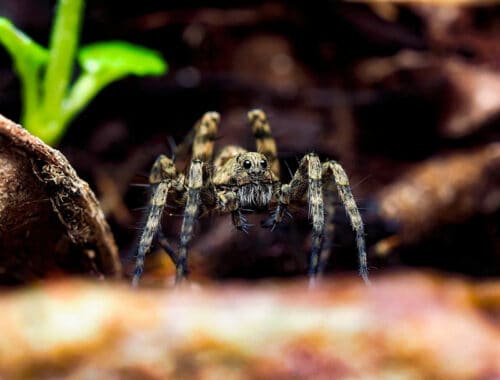The Venus flytrap is a popular species of carnivorous plant that’s fascinating to watch in action. If you are a cat owner, it’s important to be cautious about what plant species you keep because many common plants are toxic to cats.
Fortunately, you don’t have to worry about a Venus flytrap being toxic to your cat. Not only do they not eat mammals, but their nectar also isn’t poisonous to cats; it’s only toxic to the bugs that the plant eats.
Does a Venus Flytrap Pose a Danger to My Cat?
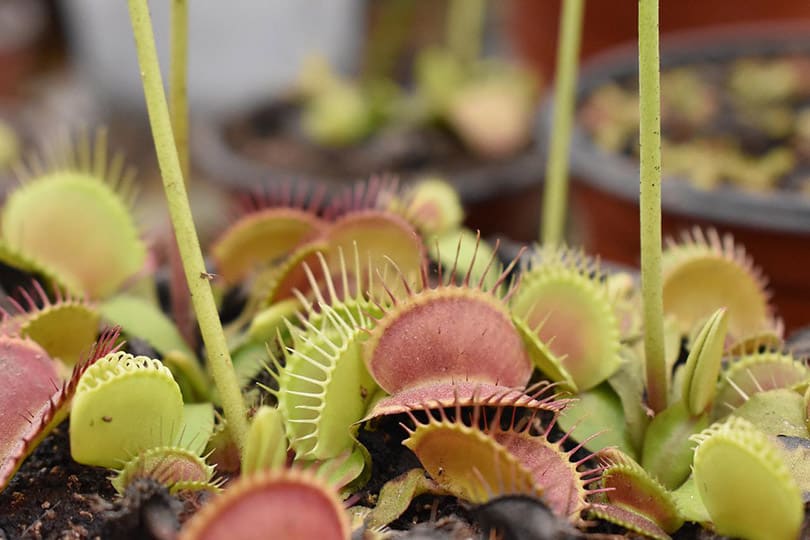
Before you start conjuring up images of your Venus flytrap snapping up your cat, you should know that they can only capture things that fit in their trap. Since a Venus flytrap only grows to be 5 or 6 inches tall with a 1.5-inch trap, your cat won’t fit. Besides, Venus flytraps don’t eat small animals; they only eat insects.
Are Venus Flytraps Poisonous?
Venus flytraps attract insects with a sweet nectar that poisons the bugs. This nectar isn’t poisonous to cats. Even if your cat nibbles off a piece of the plant, there isn’t anything in it that will make them sick. Venus flytraps are considered safe plants for cat owners.
It’s more likely that your cat will do damage to a Venus flytrap than the other way around. If your cat nibbles on the plant too frequently, it will affect the plant’s growth.
How to Keep Your Venus Flytrap Safe From Your Cat

Venus flytraps are fragile plants that can sustain a great deal of damage from curious cats. Here are a few things that you can do to keep your plant safe.
Fragrance
Cats hate certain fragrances, so applying these fragrances to your Venus flytrap will function as a cat repellant and keep them away. Scents that are safe for your plant but disliked by cats include:
- Lemon
- Lime
- Grapefruit
- Orange
Cayenne pepper is commonly used as a cat repellant, but it’s not the best thing to use. If your cat does decide to interact with the plant, the spicy product could irritate their eyes and nose.
Pebbles
If your cat likes to urinate in plant pots or dig in the soil, try altering the surface of the dirt. Adding a layer of pebbles over the dirt can work, or you can try pinecones, sea glass, or seashells. Just make sure to leave the surface loose enough to allow water through to your plant.
Keep Your Plant Out of Sight
If your cat can’t see your Venus flytrap, they can’t harm it. Finding an area that is out of reach of your cat is the easiest way to keep your plant safe.
Cat Grass
If your cat likes to nibble on houseplants, consider growing one just for that purpose. Cat grass, catnip, mint, or thyme are all safe for cats and way tastier than your Venus flytrap.
Final Thoughts
Venus flytraps aren’t big enough or strong enough to capture your cat, and they aren’t toxic to cats either. Your cat is a bigger threat to your plant than the plant is to your cat. These tips can help protect your plant from your cat.
Featured Image Credit: Pixabay
